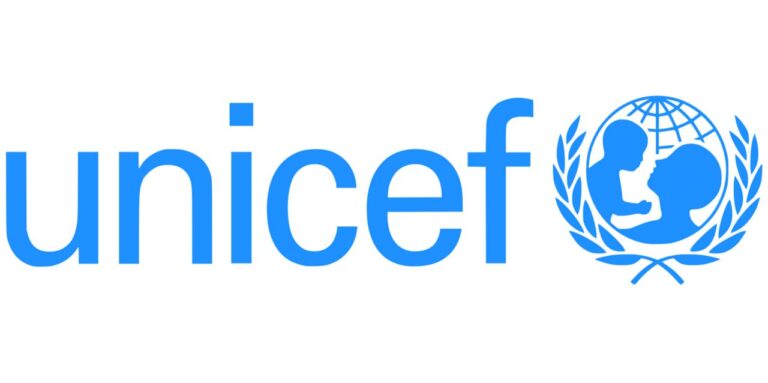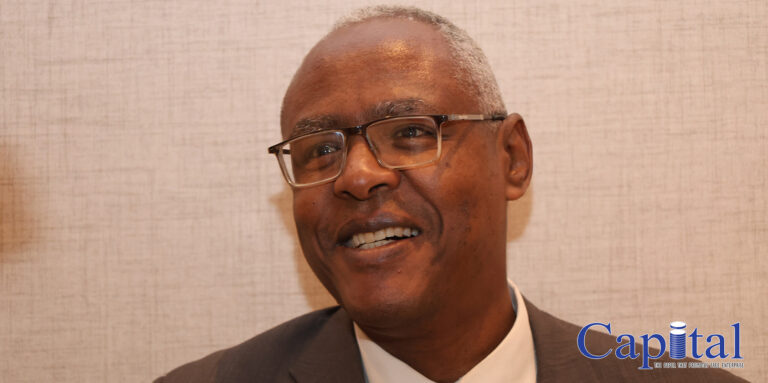UNICEF’s Humanitarian Action for Children (HAC) plan for Ethiopia in 2025 is facing a critical funding deficit, placing the delivery of crucial humanitarian aid at risk. As of June 2025, only $77.3 million has been received against an urgent requirement of $493.3 million, leaving a staggering budget gap of over $415 million — about 84% of the plan’s total financing not yet secured.
This shortfall impacts all sectors of humanitarian aid with devastating consequences for vulnerable populations, particularly children, women, and youth. The Water, Sanitation, and Hygiene (WASH) sector is gravely underfunded, needing $142.9 million but experiencing an 89% funding gap. Similarly, the nutrition sector, vital to combating malnutrition and safeguarding child health, requires $125.7 million but faces an 83% deficit. Child protection programs, which safeguard children in conflict and disaster settings, have a funding shortfall of 90%, with about $56 million urgently needed to maintain lifesaving services. Other critical sectors including health, education, and social policy are underfunded by approximately 71%, 88%, and 83%, respectively.
The funding crisis coincides with a worsening public health landscape in Ethiopia, where multiple epidemics compound humanitarian challenges. Cholera outbreaks remain active, with 4,373 reported cases and 42 deaths between January and May 2025 in the Amhara and Gambella regions alone. Authorities have identified holy water pilgrimage sites in Amhara as epicenters of transmission, where thousands gather, heightening infection risks. Malaria continues to be a major health burden, recording more than 2.4 million cases and 103 deaths in the same period, predominantly concentrated in four regions, while measles and mpox outbreaks add to the strain on fragile health systems.
Further compounding the situation, ongoing conflict and natural disasters have caused widespread internal displacement, severing access to essential services in many hard-to-reach areas. This displacement exacerbates vulnerabilities, particularly for children, whose survival and development depend heavily on uninterrupted humanitarian assistance.
Despite these challenges and the funding shortfall, UNICEF’s efforts have positively impacted millions. From January to June 2025, UNICEF reached over 35 million people across Ethiopia through community engagement, health services, education programs, and social protection activities. This outreach includes more than 31,000 children with disabilities, ensuring they receive specialized support. Additionally, over 3,200 health professionals and religious leaders have been trained to improve communication and education on health issues—helping reach approximately 3.7 million individuals with vital information.
UNICEF expressed deep appreciation to generous donors who have contributed to the 2025 HAC appeal, including the Central Emergency Relief Fund (CERF), the European Commission’s Directorate-General for Humanitarian Aid and Civil Protection (ECHO), the German Federal Foreign Office, Japan, Sweden, the U.S. Office for Population, Refugees and Migration (PRM), Global Affairs Canada, and the Republic of Korea. However, UNICEF emphasized that without sustained and increased funding, the agency’s ability to deliver timely and effective aid will be compromised, jeopardizing the wellbeing of millions of Ethiopia’s most vulnerable.







